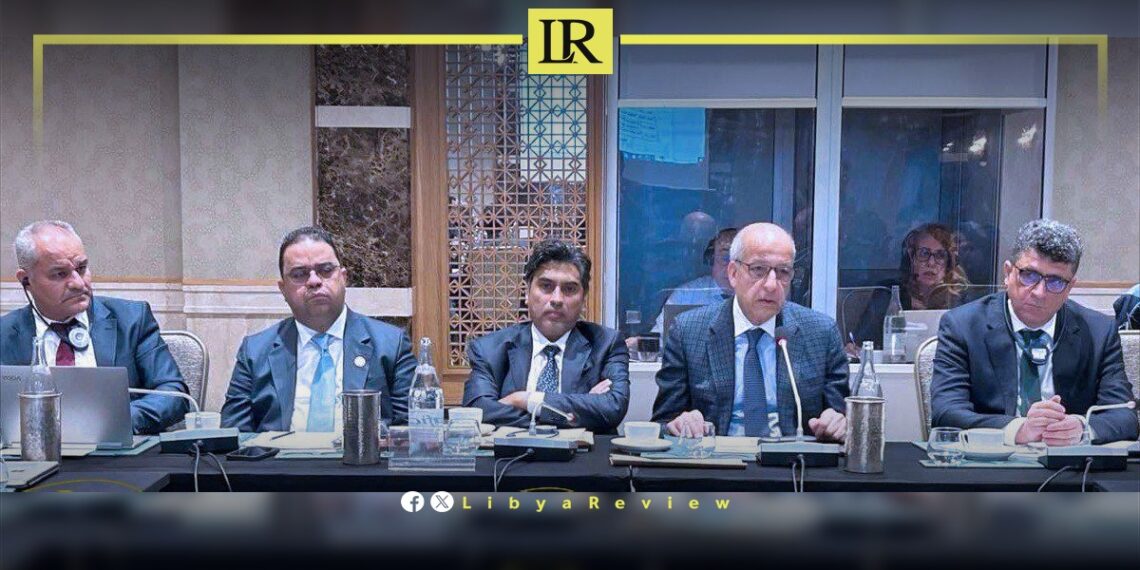The International Monetary Fund (IMF) called for immediate fiscal reforms in Libya, highlighting the need for substantial adjustments to ensure the sustainability of the country’s public finances.
This was made during the conclusion of the Article IV consultations held in Tunis on Friday, involving key Libyan officials and IMF representatives to discuss Libya’s economic strategies and fiscal management.
Participants included Al Siddik Al Kabir, Governor of the Central Bank of Libya,, his deputy Marai Albarassi, Khaled Shakshak, Head of the Audit Bureau, and Ali Al-Abed, Minister of Labor and Rehabilitation of the Government of National Unity (GNU). The IMF delegation was led by Dimitri Gerkensson, along with Cyrus Sassanpour, Senior Advisor to the IMF’s Executive Office.
The intensive ten-day meeting focused on evaluating Libya’s current economic and financial conditions, assessing the effectiveness of existing fiscal and trade policies, and exploring ways to enhance coordination with international partners. Key topics discussed included the diversification of income sources, rationalization of public spending, reform of fuel subsidies, and the implementation of urgent public financial reforms.
The Central Bank of Libya’s statement emphasized that the IMF supported the bank’s vision for tightening fiscal management and diversifying the economy away from over-reliance on oil revenues. The IMF also commended the Central Bank for its advances in regulatory measures, governance frameworks, electronic payment systems, and maintaining financial stability amid various challenges.
Libya has faced significant economic and political challenges since the 2011 uprising that ousted Muammar Gaddafi. The resultant instability has fragmented governmental authority and disrupted the country’s main income source—oil production. These challenges underscore the necessity for Libya to adopt comprehensive economic reforms to stabilize and grow its economy.
The Article IV consultations are a standard part of the IMF’s monitoring of economic and financial developments in member countries, providing a forum for advice and discussion on a wide range of economic issues. For Libya, these discussions are critical as the country endeavors to overcome political divisions and security issues that continue to impede its economic recovery.
The recommendations from the IMF are intended to guide Libya toward more resilient economic policies, improving governance, and ensuring long-term financial sustainability. These reforms are deemed essential for reducing Libya’s vulnerability to global oil price fluctuations and enhancing the overall economic management.


